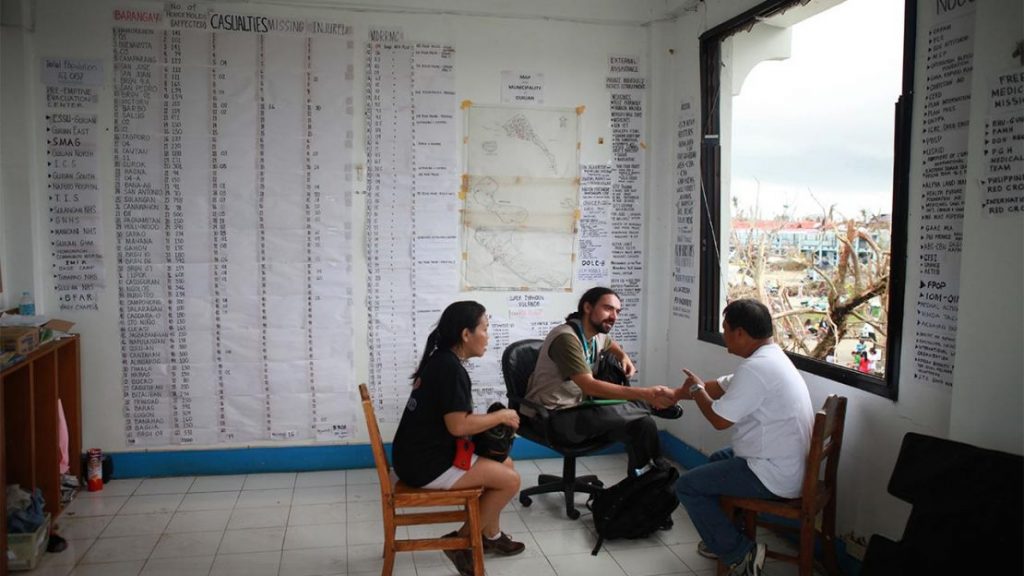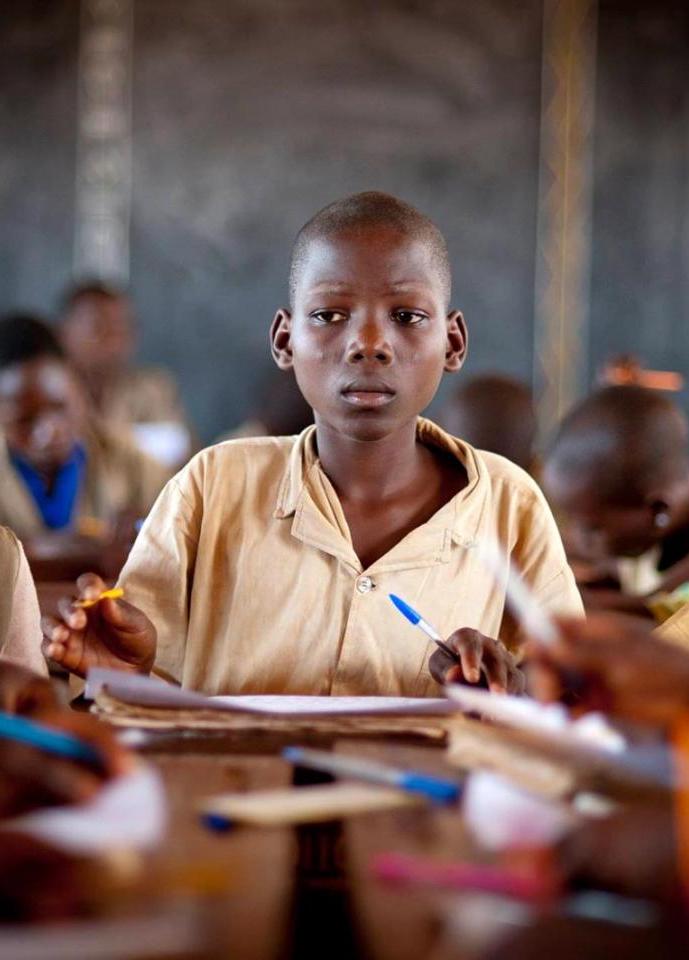Our role
We provide technical assistance and funding to lower-income countries to help them develop and implement good quality education plans, which are fundamental to building stronger and equitable education systems.
We give partners the tools and support they need to strengthen planning and monitoring, and help them achieve their education goals.
By providing technical and financial support during the planning cycle, we promote quality education sector plans (ESPs), which are fundamental in building stronger and more equitable education systems.
Education plans are key to align efforts of all education partners and ensure all children are in school and learning, while mobilising the necessary domestic and external resources.
Local education groups.
To give every person a chance at a healthy, productive life, we work with Local education groups.
Local education groups.
Led by the government.
Improves the coordination.
Promoting alignment.
We promote the alignment of external funding with national systems and education sector plans.

Planning cycle.
Our core work is to strengthen education sector planning and policy implementation. The education planning cycle consists of six steps:
Analysis – Based on quantitative and qualitative data, the education sector analysis examines policies and causes of weaknesses in the sector, and reviews sector financing.
Planning and appraisal – Includes strategies to improve access to quality education in all subsectors. Development partners commission an independent appraisal to establish the soundness of the sector plan.
Approval and endorsement – Once follow-up recommendations are addressed; partners adopt the sector plan and they endorse it. This demonstrates their commitment to technically and financially supporting our plan’s implementation.
Implementation – Implementation arrangements are established in multiyear implementation plans, which should contain detailed information on activities, targets, budgets and responsibilities.
Monitoring – Includes regular monitoring and periodic joint partner reviews to assess progress and discuss solutions to bottlenecks.
Evaluations – To assess impact and outcomes, relevance, cost effectiveness and sustainability of strategies.


Support to education in crisis.
Ensuring that children have access to education during crises protects their right to education and gives them hope for a better future. We also support countries affected by fragility or conflict through:
Transitional education planning: We provide financial and technical support to help partners establish a transitional education plan, which creates a foundation for a coordinated approach to recovery by identifying priority and medium-term actions.
Operating principles in complex emergencies: These principles provide guidance on our engagement in situations of total or considerable breakdown of national authority resulting from conflict, including on the coordination principles that we should follow.
Inclusion of refugees: We encourage the inclusion of refugees and displaced populations in education sector plans.





